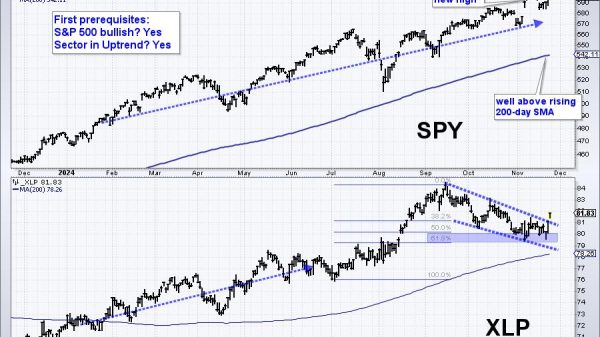Jeffrey Miron
This article appeared on SubStack on July 20, 2023.
One argument for the death penalty is that the usual alternative—life in prison without possibility of parole—imposes a financial burden on taxpayers (about $60,000-$70,000 per death row inmate per year, according to a recent estimate).
Yet capital punishment is costly, too:
Contrary to popular misconception, the expense of the death penalty does not lie in the “end less” appeals of death sentences. Although appeals do consume relatively more resources, capital trials also consume more resources than similar trials with a maximum sentence of life in prison. One early study found the additional trial costs exceeded those of appeals by a factor of four (Cook et al. 1993). Estimates of the marginal capital trial cost vary, but Collins et al. (2015) offer a middling figure of just under $1,500,000 (cf. Roman et al. 2009). The reasons for the increase are several. Attorneys spend more time preparing cases, and many states require the appointment of two defense attorneys to any defendant who cannot afford private counsel. Jury selection is more complicated. The process can take days or even weeks, partly because of the need for “death qualified” jurors, i.e., individuals who neither universally oppose nor support the death penalty. Capital cases also produce more hearings and court filings. Expert witnesses are unavoidable. Mitigation evidence, which argues for leniency in punishment, can require a significant travel budget. For these reasons and more, capital trials are uniquely expensive.
One overall assessment concludes that
In the 32 states in the Union where the death penalty is legal, as well as the federal government, the death penalty has grown to be much more expensive than life imprisonment, whether with or without parole. This greater cost comes from more expensive living conditions, a much more extensive legal process, and increasing resistance to the death penalty from chemical manufacturers overseas. These costs could even become higher, pending the outcome of various lawsuits against various states for their “botched” executions. Each death penalty inmate is approximately $1.12 million (2015 USD) more than a general population inmate.
And in at least one state, the implication of the increased expenditure is ironic:
When a local government bears the expense of trial, it must raise funds or reallocate them from other sources. In Texas, among other states, the cost of trial is borne primarily at the county level. A panel of Texas county spending over the last decade, constructed from audited financial statements, shows counties meet the expense of trial by raising property tax rates and by reducing public safety expenditure. Property crime rises as a consequence of the latter. The death penalty may therefore impede criminal deterrence if its finance is left to local, rather than centralized government.
Thus not only does the death penalty burden taxpayers; it seems to increase certain kinds of crime. Existing evidence suggests executions have minimal impact in deterring violent crime like homicide.
Reasonable people might still support the death penalty, for moral reasons (“an eye for an eye”).
On consequentialist grounds, however, the case for capital punishment is weak.























